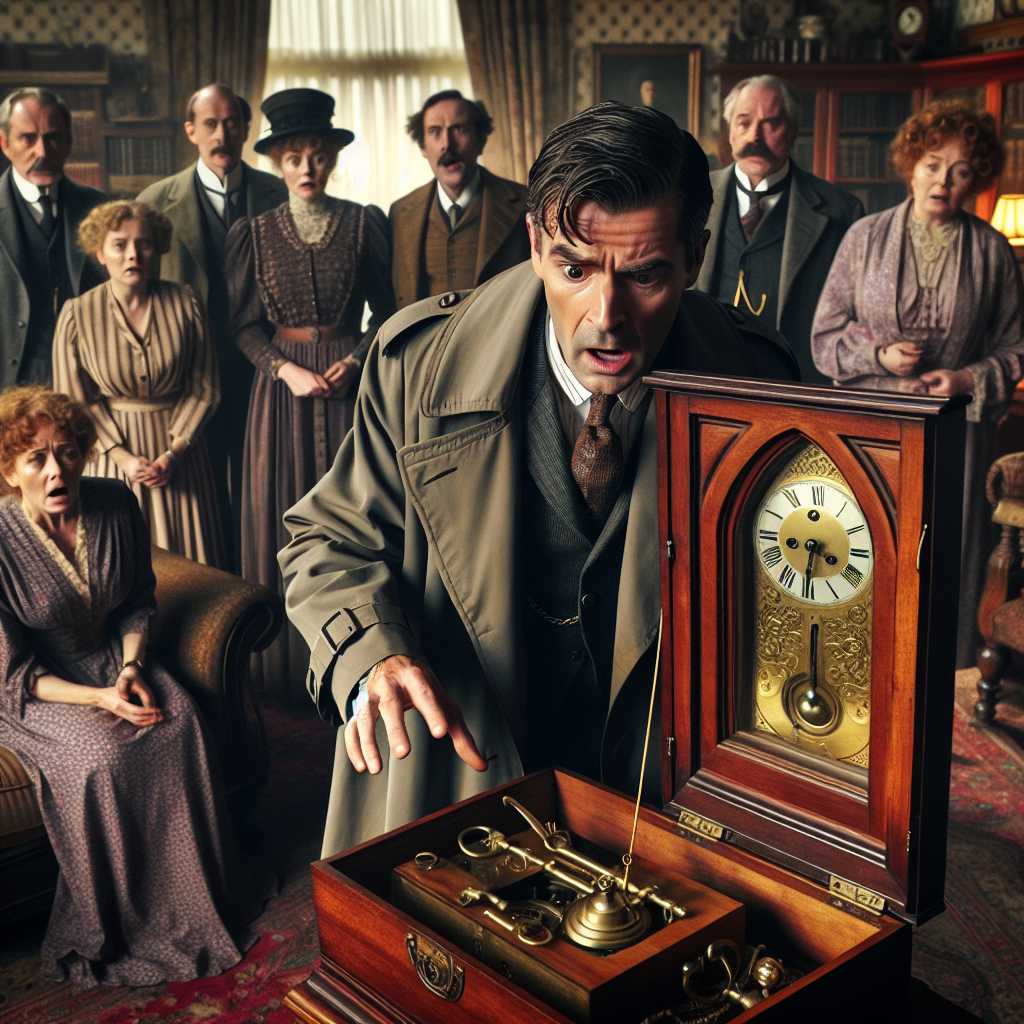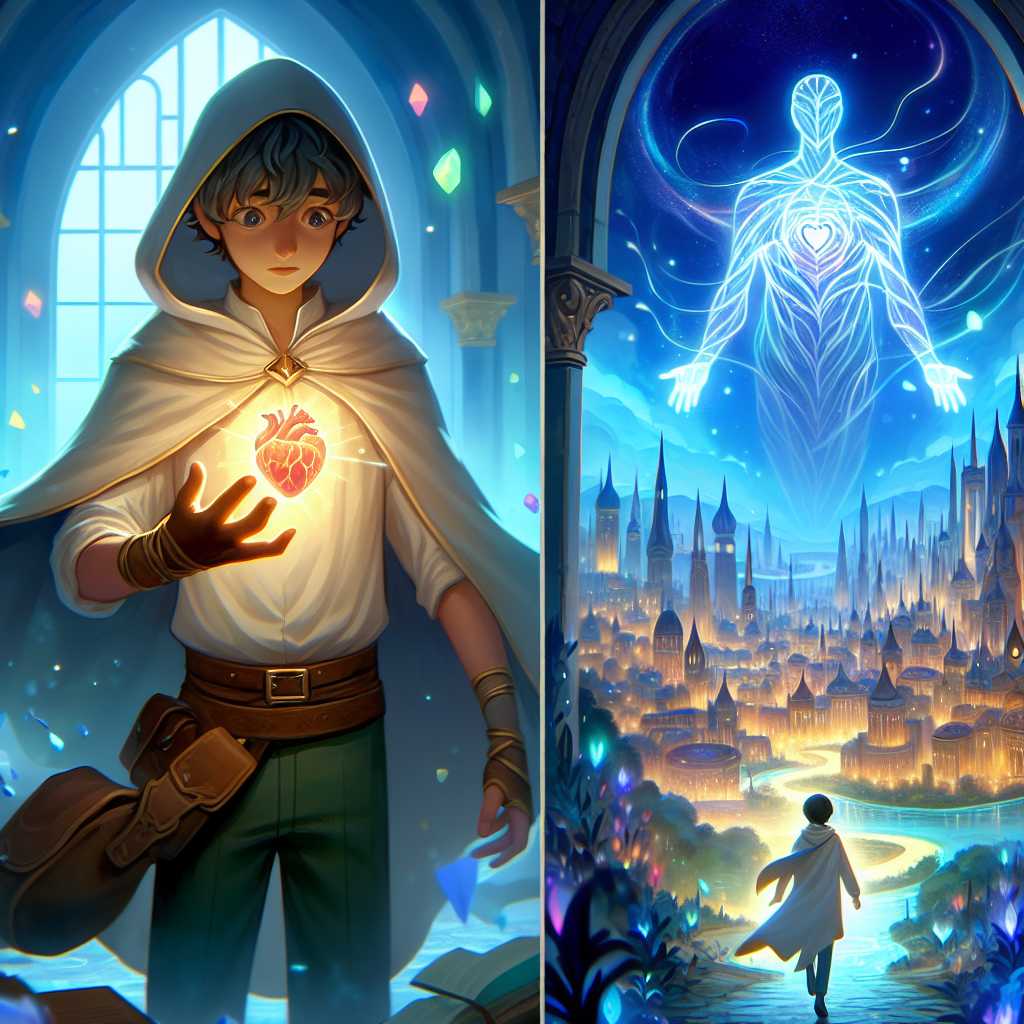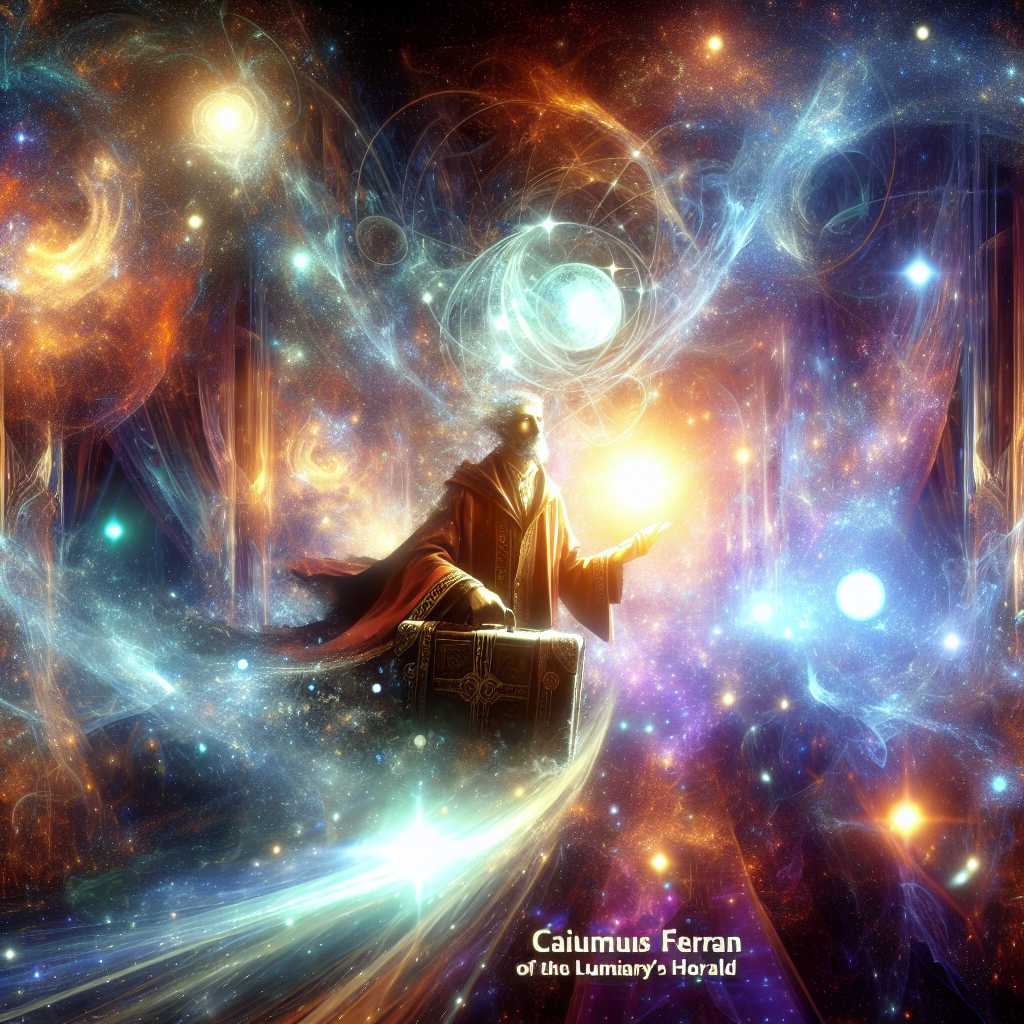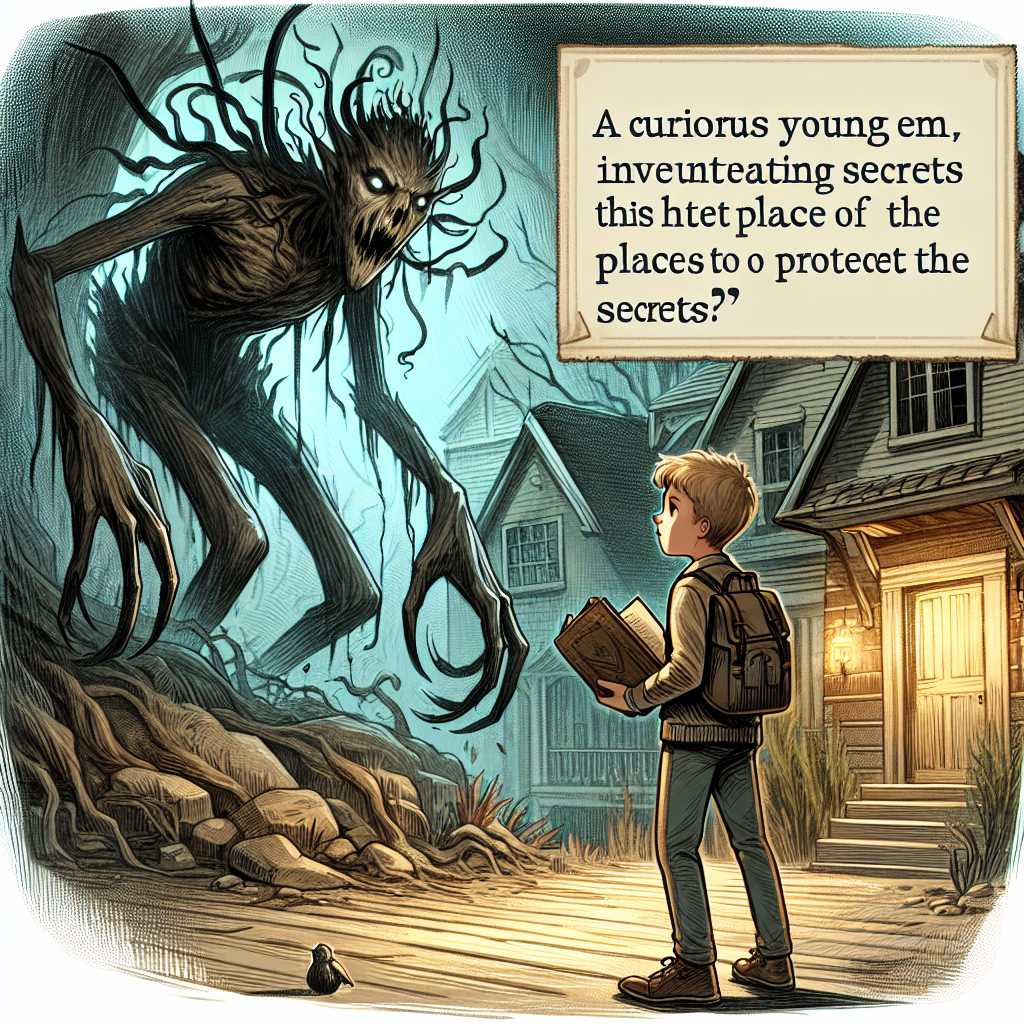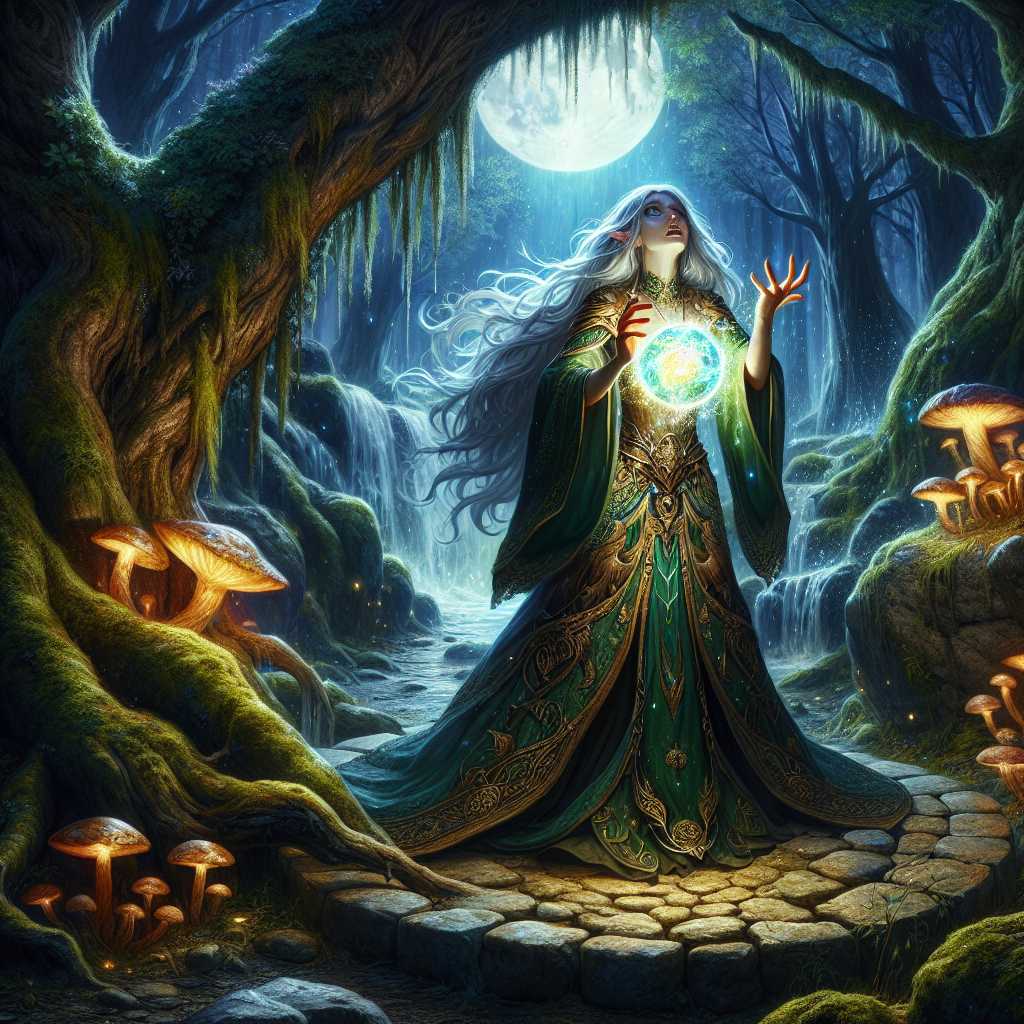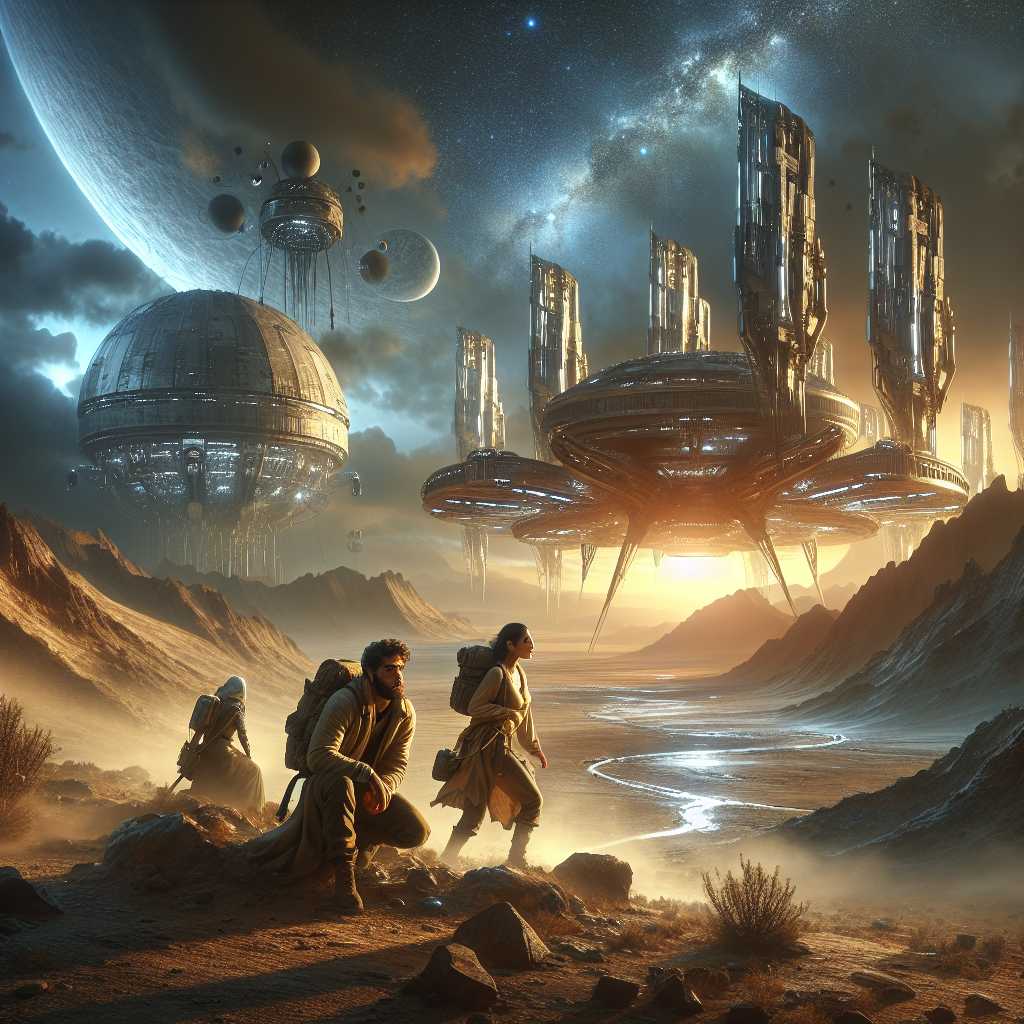
In the not too distant future, humanity had grown beyond the confines of Earth’s atmosphere, stretching their domain to the far reaches of the known universe. Among the stars, a ship named the Odyssey made its way through the vastness of space, a beacon of mankind’s insatiable curiosity. And it was on this vessel that our story unfurls—a tale of discovery, betrayal, and the indomitable human spirit.
The Odyssey’s crew was a small, eclectic mix of scientists, engineers, and a single historian, Dr. Elara Vance, who was aboard to document humanity's expansion among the stars. It was her voice that often filled the quiet spaces between the stars, recounting the triumphs and failures of Earth to keep the crew grounded in their heritage.
One day, as the ship skirted the edge of a previously unexplored system, an anomaly was detected. It was a signal, clear and unmistakable, yet unlike anything humanity had encountered before. "This is it," whispered Captain Marcus Holt, his eyes alight with the promise of discovery. "Contact."
The source of the signal was a planet, lush and teeming with life, orbiting a stable sun. The crew's excitement was palpable as they prepared for descent, dreams of first contact filling their minds. But what awaited them on the planet’s surface was beyond their wildest imaginations.
They found a city, vast and deserted, its architecture a blend of organic curves and technological prowess that suggested a civilization both advanced and in harmony with its environment. The air was heavy with silence, the only sound the haunting echo of their footsteps amidst the towering structures.
"We were not the first to dream of the stars," Dr. Vance remarked, her voice a soft murmur against the backdrop of alien emptiness.
As they explored, they discovered the city’s inhabitants had vanished, leaving behind nothing but their achievements and a powerful technology that had the potential to change the course of human history. But this gift was not without its guardians.
Automated sentinels, remnants of the planet’s former protectors, awoke from their slumber to assess the human threat. A misunderstanding led to a skirmish, and for a moment, the possibility of an interspecies war loomed, threatening to shatter the fragile dream of peaceful exploration.
It was Dr. Vance who, in an act of desperation, repurposed the communication device they had brought to initiate first contact, using it to broadcast a message of peace. In the language of science, she spoke of humanity’s desire for knowledge and understanding, of their voyages across the stars not as conquerors, but as seekers.
The conflict halted as abruptly as it began, the sentinels standing down, their programming recognizing the shared pursuit of knowledge as a universal bond.
With peace established, the crew was allowed access to the planet’s archives, a treasure trove of history and science. They learned of the civilization that had once flourished there, reaching out to the stars only to be struck down by a cataclysm of their own making. Their final act was to leave behind a warning for others who might follow in their footsteps, a plea to tread lightly on the path of progress.
Amidst the wealth of knowledge, Dr. Vance found a story—a narrative not unlike their own, of a people driven by curiosity and ambition, who learned too late the responsibility that comes with power. She documented it all, knowing that this discovery could either be humanity’s greatest achievement or its downfall.
The Odyssey returned to Earth, its crew forever changed by what they had found. Debates raged among the world’s governments and scientific communities about the implications of the alien technology and the wisdom of using it. However, it was Dr. Vance’s account, detailing not just the technological marvels but the story of the civilization that created them, that had the greatest impact.
In her writings, she emphasized the need for caution, for humanity to learn from the past, not just of their own planet but of others that had reached for the stars and failed. "We stand at the crossroads of history," she wrote. "Let us choose the path that leads not to our glory, but to our enlightenment."
And so, guided by the lessons of a long-fallen civilization, humanity took its first steps into a wider universe with eyes open, not as conquerors, but as stewards of the knowledge they had been entrusted with. The story of the Odyssey and the deserted planet became a legend, a reminder of the responsibility that comes with reaching for the stars.
Thus concludes the tale of the Odyssey, a beacon of humanity’s insatiable curiosity and indomitable spirit, forever voyaging through the stars in search of knowledge, understanding, and the shared dream of a united future among the cosmos.





